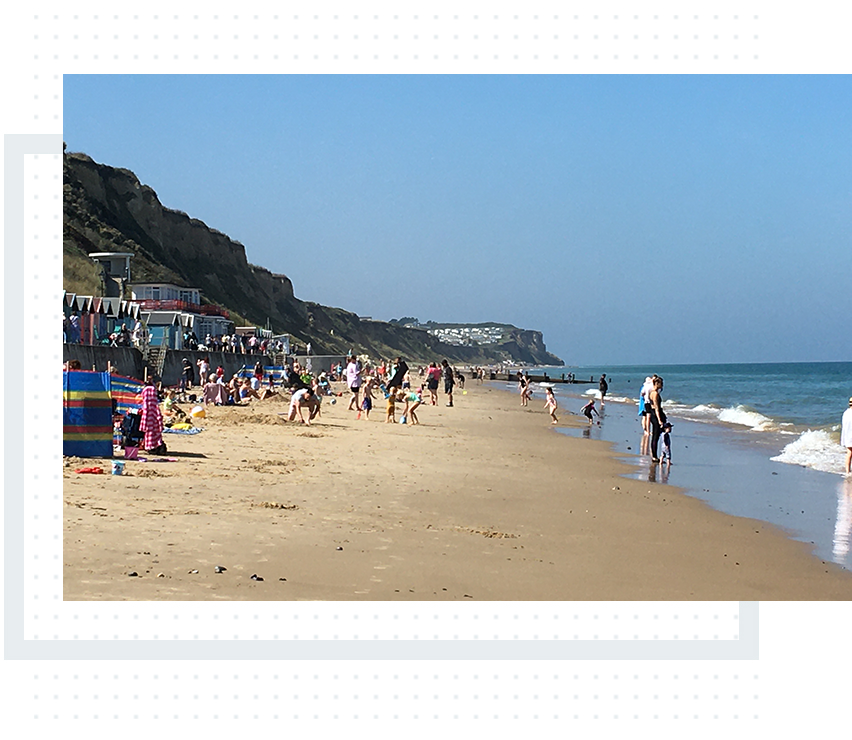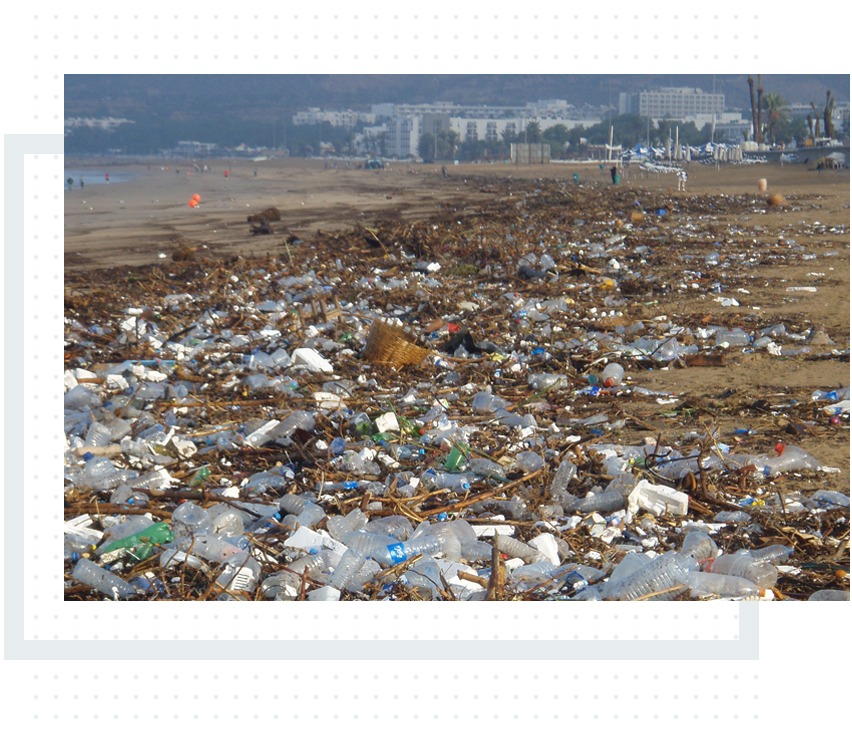Coastal Management, Partnership and Integration

The central idea of bringing various stakeholders together – to collaborate in partnership – to work on coastal and marine issues on different geographic scales in a more integrated way has been a common thread to Bobs career.
The developing thinking on marine nature reserves in the UK in the 1970s lead to a number of voluntary marine reserves each involving the partnership and collaboration of a wide range of local stakeholders. Bob and the Marine Conservation Society (MCS) became major supporters of this approach in its work on marine protected areas.
On the larger geographic scale of the North Sea Bob played an active part in bringing together stakeholders from many sectors together in 1985-1987 to work on a North Sea Report as part of the North Sea Ministerial Process that took place in London in 1987. Bob’s work continued with the development of the Marine Forum a UK wide group that looked marine issues from the late 1980s to the late 1990s.
Integrated Coastal Zone Management (ICZM). In the mid-1980s it became clear that there needed to be a clearer framework for how activities in the marine and coastal environment could be better integrated. ICZM was an idea that had been developed initially in America by people like Bud Ehler. MCS, supported by WWF formed an ICZM project group of which Bob was a member, to explore the idea of integrated coastal zone management (ICZM) in the UK. Sue Gubbay’s pioneering and highly influential MCS report on this issue was published in 1987. This report prompted all sorts of responses which highlighted a host of issues and in particular and overall lack of co-ordination in coastal management. The report prompted work on a more co-ordinated approach to flood and coastal risk management and Estuary Plans which lead to the creation of estuary partnerships.
After leaving MCS Bob was a member consultancy team advising Defra which developed UK guidance on ICZM. He also instigated and organised a wide range of conferences on ICZM throughout the 1990s with organisations like CoastNET and the National Coasts and Estuaries Advisory Group (NCEAG) who represented local authority interests.
Although ICZM has never really gained traction not least because of the significant differences in land marine legislation, however, the ICZM groundwork done in the 1990s lead to the relatively smooth adoption of ideas for Marine Spatial Planning (MSP) in the 2000’s which was incorporated into the Marine Coastal Access Act (2009). Bob ran many conferences and workshops during this period supporting the MSP concept.
Work with CIWEM (2003-2014) lead to taking an active part in creating the Defra lead Catchment Based Approach (CaBA) 2011-2013 which sought to establish effective partnerships in every English catchment; Bob lead the Defra communication programme for CaBA with newsletters and conferences.
Since the 2000’s Bob supported many initiatives and worked closely with the leaders of what has become the Coastal Partnership Network. More recently discussions with Natasha Bradshaw in 2019 lead to the Coastal Based Approach (CoBA) group which has morphed into the Championing Coastal Coordination (3C’s) programme. Lead by the environment agency the Environment Agency funded projects have sought to establish a stronger basis for coastal partnership working.
For more information on any of these projects contact Bob
bob@bobearll.co.uk

From the 1960’s through to the 1990s oil pollution and the major oil spills were the high profile scourge of the marine environment.
Perversely these were instrumental in driving the development of the marine conservation efforts. Marine litter by comparison had a very low profile but was beginning to be recognised by the 1980s by people like Trevor Dixon. The increasing level of plastic pollution often associated with other threats like sewage pollution became a major issue in the 1990s. The growing scale and impact of ongoing plastic pollution to the environment, wildlife and human health has now been recognised.